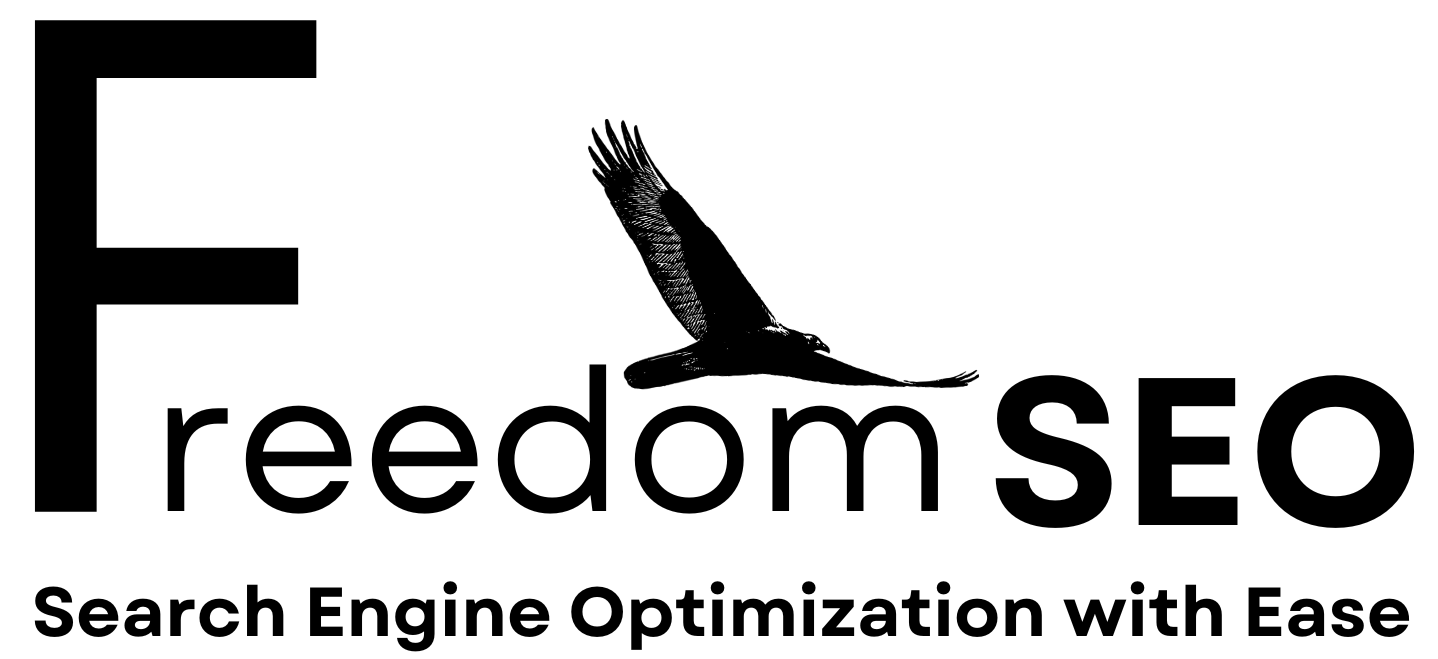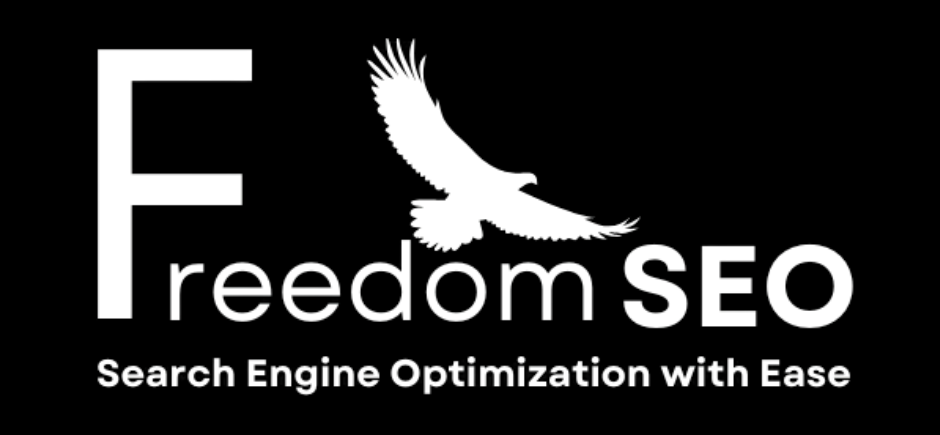SEO Audit Steps for Canadians: 2025 DIY Guide
SEO audits sound like something only tech giants should worry about and maybe you think only complex websites with huge budgets need them. Turns out, over 60 percent of Canadian small businesses overlook basic SEO mistakes that quietly cost them traffic every single day . What surprises most people is how tackling a few simple steps yourself can put you ahead of bigger competitors without spending a dime on fancy tools.
Table of Contents
- Understanding The Basics Of SEO Audits
- What Exactly Is An SEO Audit?
- Key Components Of An Effective SEO Audit
- Why SEO Audits Matter For Canadian Businesses
- Essential SEO Audit Steps For Your Website
- Technical Infrastructure Assessment
- Content And Keyword Strategy Evaluation
- Backlink And External Signals Analysis
- Tools And Resources For DIY SEO Success
- Free And Affordable SEO Analysis Tools
- Advanced Keyword And Competitive Research Resources
- Technical SEO And Performance Monitoring Tools
- Tips For Canadian Businesses To Stay Ahead
- Creating Locally Relevant Content
- Technical Performance And Continuous Improvement
- Strategic Keyword And Content Development
Quick Summary
| Takeaway | Explanation |
|---|---|
| Conduct regular SEO audits | Regularly audit your website to identify and resolve technical and content-related issues affecting search rankings. |
| Evaluate technical infrastructure | Assess site speed, mobile responsiveness, and indexing to enhance search engine accessibility and user experience. |
| Develop locally relevant content | Create content that resonates with Canadian audiences by using geo-specific keywords and addressing local issues. |
| Utilize a variety of SEO tools | Leverage both free and paid SEO tools for analysis, monitoring, and keyword research to optimize your online presence effectively. |
| Adapt to changing SEO trends | Stay updated on search engine algorithm changes and continuously refine your strategies to maintain and improve rankings. |
Understanding the Basics of SEO Audits
An SEO audit represents a comprehensive examination of a website’s ability to perform well in search engine rankings. For Canadian business owners and digital marketers, understanding these audit steps is crucial for improving online visibility and attracting more potential customers.
What Exactly is an SEO Audit?
An SEO audit is a systematic analysis of your website’s performance across multiple critical dimensions. According to the UC Davis SEO Fundamentals course , the process involves evaluating technical infrastructure, content quality, and external ranking factors that influence search engine visibility.
The primary goal of an SEO audit is to identify potential barriers preventing your website from achieving optimal search rankings. These barriers can include technical issues, content gaps, poor site structure, slow loading speeds, or ineffective keyword strategies. By conducting a thorough audit, businesses can develop targeted strategies to improve their online presence.
Key Components of an Effective SEO Audit
A comprehensive SEO audit typically encompasses several critical areas of analysis. Columbia University’s research on SEO and analytics highlights the importance of examining both on-page and off-page elements that contribute to search performance.
To help you visualize the major elements involved, here’s a table summarizing the key components covered in a full SEO audit:
| Component | Focus Area | Example Actions |
|---|---|---|
| Technical Analysis | Website infrastructure, speed, mobile friendliness, crawling & indexing | Check site speed, ensure mobile responsiveness, verify HTTPS |
| Content Evaluation | Quality, relevance, and optimization of the website’s content | Review blog articles, update outdated information |
| Keyword Performance | Current keyword strategy and ranking analysis | Analyze keyword rankings, identify improvement opportunities |
| Backlink Assessment | Review of external links, authority, and link quality | Remove toxic links, research competitor backlinks |
Why SEO Audits Matter for Canadian Businesses
For Canadian entrepreneurs and digital marketers, SEO audits are not just a technical exercise but a strategic business tool. They provide actionable insights that can directly impact online visibility, website traffic, and ultimately, business growth.
By regularly conducting SEO audits, businesses can stay ahead of evolving search engine algorithms, understand their competitive landscape, and continuously refine their digital marketing strategies. The audit process helps uncover hidden opportunities for improvement and ensures that your online presence remains dynamic and competitive.
Remember that SEO is an ongoing process. What works today might require adjustment tomorrow, making regular audits an essential practice for maintaining and improving your website’s search engine performance.

Essential SEO Audit Steps for Your Website
Conducting a thorough SEO audit requires a strategic approach that goes beyond surface-level analysis. As recommended by the American Marketing Association , a comprehensive audit involves multiple critical steps to enhance your website’s search engine performance and user experience.
Technical Infrastructure Assessment
The foundation of any effective SEO audit begins with a deep dive into your website’s technical infrastructure. Forbes highlights the critical importance of examining technical elements that directly impact search engine rankings.
Key technical aspects to evaluate include:
- Site Speed : Analyze loading times across different devices and identify potential performance bottlenecks
- Mobile Responsiveness : Ensure your website functions seamlessly on smartphones and tablets
- Crawlability : Check that search engines can easily navigate and index your website content
- SSL Security : Verify that your website uses HTTPS to protect user data and meet search engine security standards
Content and Keyword Strategy Evaluation
Ahrefs recommends a comprehensive content analysis that goes beyond simple keyword matching. This involves a multi-dimensional approach to understanding how your content performs in search results.
Critical content evaluation steps include:
- Identifying top-performing and underperforming content pages
- Analyzing keyword relevance and search intent alignment
- Checking for content gaps and opportunities for new material
- Ensuring content meets current search engine quality guidelines
- Reviewing internal linking structures to improve content discoverability
Backlink and External Signals Analysis
Backlinks remain a crucial ranking factor for websites. A comprehensive SEO audit must thoroughly examine the quality and quantity of external links pointing to your website.
This process involves:
- Identifying and removing toxic or low-quality backlinks
- Analyzing competitor backlink strategies
- Discovering opportunities for high-quality link building
- Checking the domain authority of linking websites
- Ensuring a natural and diverse backlink profile
To help track your SEO audit process, here’s a checklist-style table summarizing the essential audit steps and their purpose:
| SEO Audit Step | Purpose | Status (Complete/In Progress) |
|---|---|---|
| Assess Site Speed | Improve user experience, boost rankings | |
| Check Mobile Responsiveness | Ensure accessibility across all devices | |
| Verify Crawlability & Indexing | Guarantee Google can find all content | |
| Review SSL Security (HTTPS) | Protect user data and search rankings | |
| Analyze Content Quality | Increase relevance and engagement | |
| Evaluate Keyword Strategy | Target terms that drive relevant traffic | |
| Examine Internal Linking | Enhance SEO and usability | |
| Assess Backlink Profile | Strengthen website authority |
For Canadian businesses, an SEO audit is not a one-time event but an ongoing process of optimization. Regular audits help you stay ahead of evolving search engine algorithms, maintain competitive edge, and continuously improve your online visibility.
By systematically addressing technical infrastructure, content strategy, and external signals, you can develop a robust SEO approach that drives meaningful organic traffic and supports your business growth objectives.
Tools and Resources for DIY SEO Success
Successful DIY SEO requires a strategic toolkit that empowers Canadian business owners to analyze, optimize, and improve their online presence. While professional services offer comprehensive support, many powerful tools are now accessible for independent digital marketers and small business owners.
Free and Affordable SEO Analysis Tools
Google Search Console provides Canadian website owners with essential insights directly from the world’s most prominent search engine. This free tool offers critical performance data, including search queries, website indexing status, and potential technical issues that might impact search rankings.
Additional free and cost-effective tools include:
- Google Analytics : Track website traffic, user behavior, and conversion metrics
- Google PageSpeed Insights : Analyze website loading performance across devices
- Ubersuggest : Keyword research and content ideas generation
- SEMrush : Comprehensive SEO analysis with limited free features
Advanced Keyword and Competitive Research Resources
Keyword research forms the backbone of effective SEO strategies. Ahrefs offers robust tools for understanding search volume, keyword difficulty, and competitive landscapes. Their platform enables businesses to:
- Identify high-potential keywords with reasonable competition
- Analyze competitor content strategies
- Discover content gaps in your current website
- Track keyword rankings over time
For Canadian businesses working with limited budgets, alternative platforms like Moz Keyword Explorer provide valuable insights into search trends and keyword opportunities.
Technical SEO and Performance Monitoring Tools
Technical SEO requires specialized tools that help identify and resolve website performance issues. Screaming Frog SEO Spider is a powerful desktop application that crawls websites, identifying broken links, missing metadata, and structural problems that could hinder search engine performance.
Other essential technical SEO tools include:
- GTmetrix : Detailed website performance and speed analysis
- Pingdom Website Speed Test : Global performance testing
- WebPageTest : Comprehensive website loading diagnostics
While these tools provide powerful insights, successful SEO requires more than technological solutions. Understanding how to interpret data, implement recommendations, and create high-quality content remains crucial.
Canadian business owners should view SEO tools as supportive resources, not magical solutions. Continuous learning, strategic implementation, and a commitment to providing value to your audience will ultimately drive sustainable online success.
Remember that no single tool offers a complete SEO solution. The most effective approach combines multiple resources, staying updated with current search engine guidelines, and maintaining a user-focused content strategy.
Tips for Canadian Businesses to Stay Ahead
In the rapidly evolving digital landscape, Canadian businesses must adopt proactive strategies to maintain their competitive edge in search engine rankings. The Business Development Bank of Canada (BDC) provides critical insights into developing a robust SEO approach that goes beyond basic optimization techniques.
Creating Locally Relevant Content
The Province of British Columbia’s web content guidelines emphasize the importance of developing content that speaks directly to local audiences. For Canadian businesses, this means crafting material that resonates with regional interests, language nuances, and specific market challenges.
Key strategies for creating locally relevant content include:
- Geo-Specific Keywords : Incorporate location-based terms that reflect Canadian regional specifics
- Local Problem Solving : Address challenges unique to Canadian markets
- Regional Language Adaptation : Use terminology and expressions familiar to Canadian audiences
- Local Success Stories : Showcase case studies and testimonials from Canadian clients
Technical Performance and Continuous Improvement
Deloitte Canada’s SEO audit methodology highlights the critical nature of ongoing website optimization. Successful businesses recognize that SEO is not a one-time task but a continuous process of refinement and adaptation.
Essential areas for continuous improvement include:
- Regular website performance audits
- Monitoring search engine algorithm updates
- Updating content to maintain relevance
- Improving website speed and mobile responsiveness
- Addressing technical SEO issues promptly
Strategic Keyword and Content Development
Effective SEO goes beyond simple keyword insertion. The BDC recommends a strategic approach to keyword research and content creation that demonstrates genuine value to potential customers.
Advanced keyword strategies involve:
- Conducting in-depth keyword research specific to Canadian markets
- Understanding user search intent
- Creating comprehensive, high-quality content that answers user questions
- Developing content clusters that establish topical authority
- Integrating long-tail keywords that capture specific user needs
Canadian businesses must also remain adaptable. Search engine algorithms constantly evolve, and what works today might become less effective tomorrow. Successful SEO requires a commitment to continuous learning, experimentation, and data-driven decision-making.
Ultimately, the most successful approach combines technical optimization, high-quality content, and a deep understanding of your target audience. By focusing on providing genuine value and maintaining a flexible, proactive strategy, Canadian businesses can effectively improve their online visibility and attract more potential customers.
Frequently Asked Questions
What is an SEO audit?
An SEO audit is a comprehensive analysis of a website’s search engine performance. It evaluates technical aspects, content quality, and external factors that influence visibility on search engines.
Why are SEO audits important for Canadian businesses?
SEO audits help Canadian businesses identify and resolve issues that may hinder their online visibility. Regular audits ensure that websites stay competitive and align with evolving search engine algorithms.
How often should I conduct an SEO audit for my website?
It is recommended to conduct an SEO audit at least once every 6 to 12 months. Regular audits help maintain optimal performance and adapt to changes in search engine guidelines.
What tools can I use to conduct a DIY SEO audit?
You can use tools like Google Search Console, Google Analytics, and Screaming Frog SEO Spider for a DIY SEO audit. These tools provide valuable insights into your website’s performance and help identify areas for improvement.
Turn Your DIY SEO Knowledge Into Top 3 Google Rankings in Canada
You just learned how overlooked technical fixes and overlooked keyword gaps cost Canadian businesses real customers. Navigating SEO audits alone can feel overwhelming when the stakes are high and competition is tough. You want real growth and need your website, local map listing, and content working together to make your business easy to find. If you’re tired of audits without results, Freedom SEO is ready to help you act on what matters most.

Take your next step with a proven team that delivers 100 percent Canadian service , guaranteed results, and fast improvements. See how our Local SEO services in Canada can move your business to the top three Google results in your area. Visit our main website to get a personalized SEO plan built on your unique challenges, or contact us today for a free consultation. Real results come from action, not just analysis. Start your journey toward sustainable business growth now.
Recommended

















